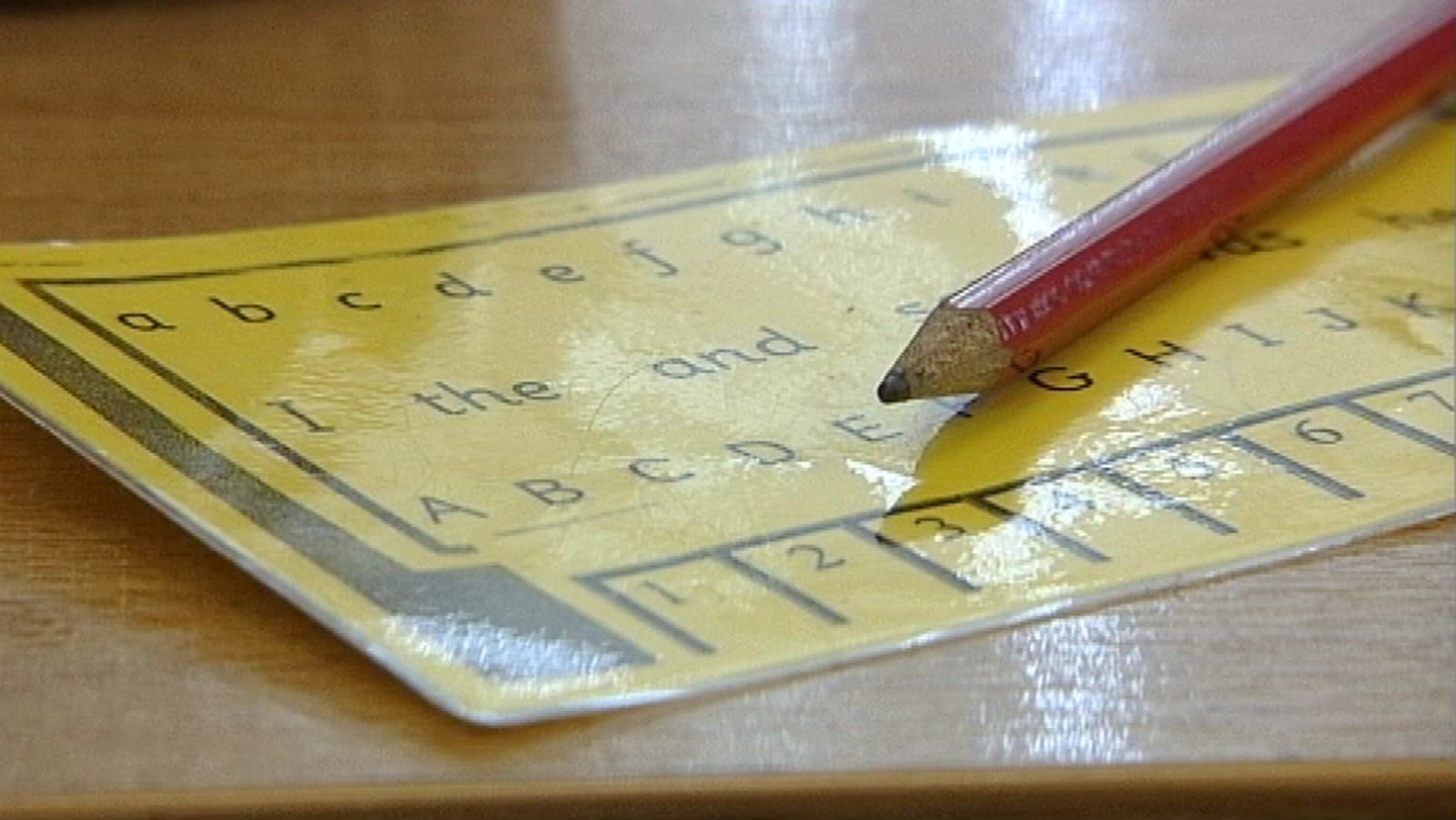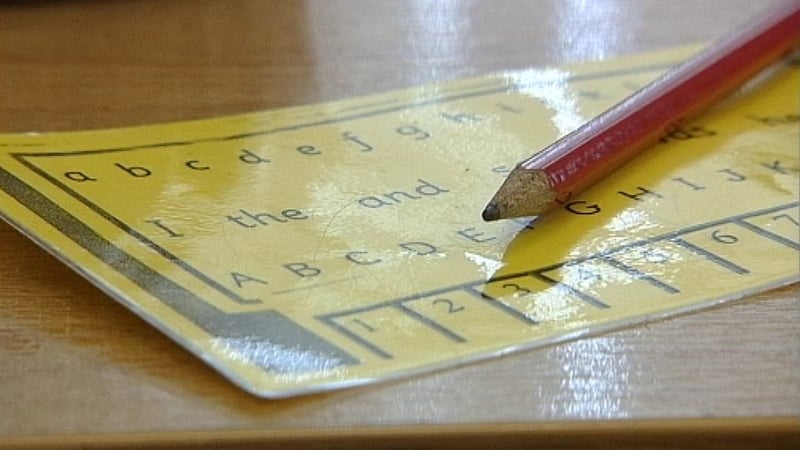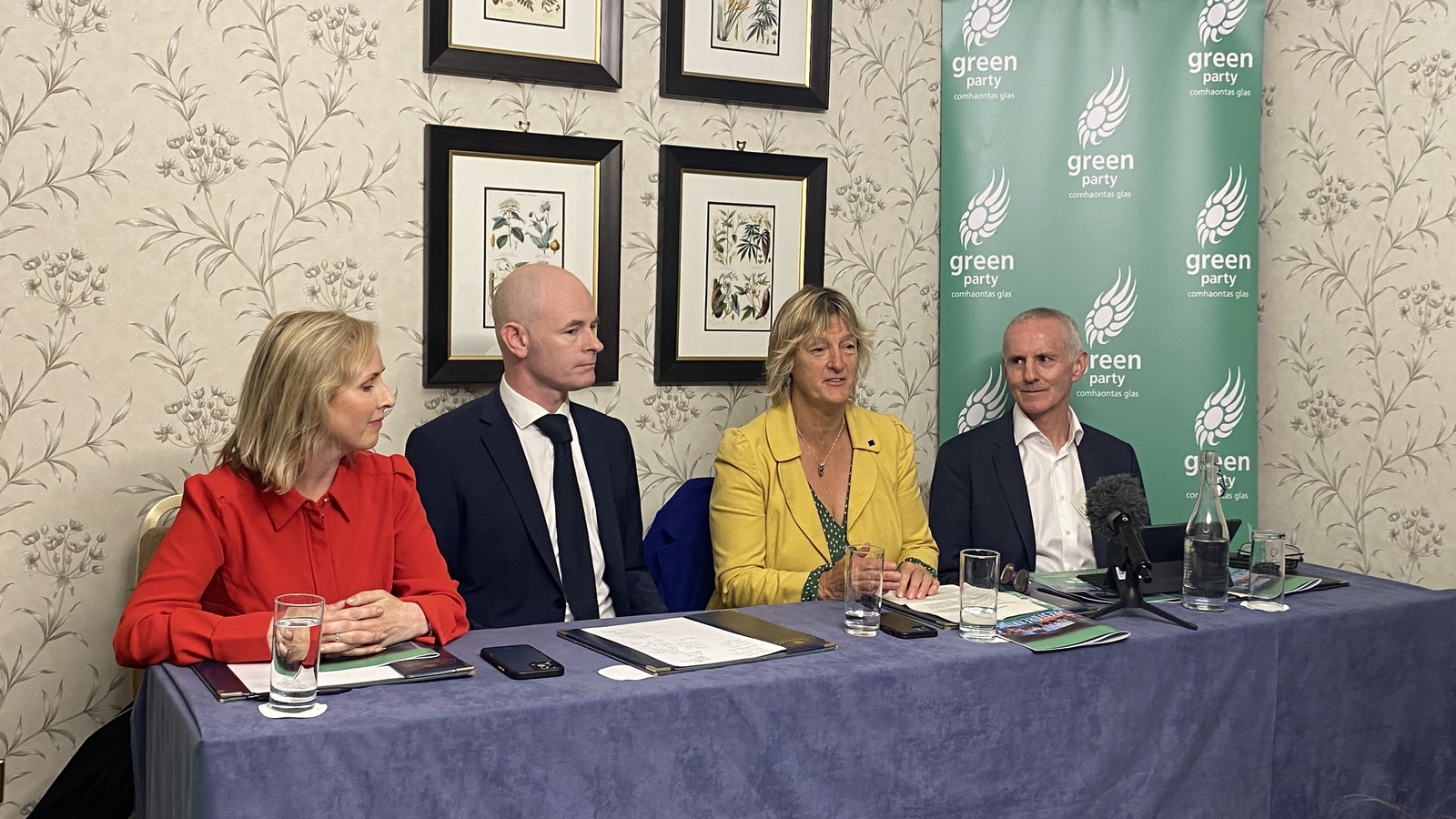Charity ‘disturbed’ over changes to education supports


A charity that supports children with intellectual disabilities, and their families, has said it is “deeply disturbed” by a change the Department of Education has made to the allocation of additional teacher supports from next year.
Inclusion Ireland has said the decision to remove the criteria, which enabled children with ‘complex needs’ to access additional supports in mainstream school settings, will make an already broken system even more inaccessible for these children.
The change was communicated to schools in a circular issued to them last week and will affect Junior Infants coming into the system next September.
Explaining the removal of the ‘complex need’ criteria from the calculation of additional teaching resources to children in mainstream schools and classes, the department said a review had identified concerns in relation to the accuracy and consistency of data provided by local HSE teams working with children with complex needs and that use of this data would be discontinued for future cases.
Schools will however be able to keep all existing hours assigned under this model. The department stated that with the very significant growth in special classes and the opening of new special schools, “a significant number of pupils with more complex needs are now supported in these settings”, which are resourced separately.
Children with ‘complex needs’ are typically children with Down’s syndrome, autism, or an intellectual disability that means they require a significant amount of support in order to learn.
Inclusion Ireland has branded the department’s decision as shameful and in breach of children’s rights to an education. The charity said it has written to the Department of Education seeking an immediate meeting and clarification about these changes “which have such potential serious consequences”.
CEO Derval McDonagh said Inclusion Ireland was extremely concerned by the messaging that was coming from this decision, which suggested that children with ‘complex needs’ only belong in special schools and classes and not in their local schools.
“Let me be clear in saying that all children have a right to be supported to access their education at their local school with the correct supports”, she said.
Ms McDonagh said the decision seemed to undermine National Council for Special Education policy advice which was published just two weeks ago.
The NCSE policy paper – ‘An Inclusive education for an inclusive society’ – recommends “that it is now time to progressively bring about an education system in which all schools are resourced and equipped to educate all children in their local community, including children with special educational needs”.
The move has also been criticised by Autism charity AsIAm, as well as by the National Principals Forum which represents primary school principals. The NPF described the decision as “truly baffling”.
Angela Dunne of the NPF said: “The impact of these cuts is manifold and has very serious consequences. We will have less capacity to meet the needs of our most vulnerable pupils. Many of us will lose valuable full-time teaching positions in our schools. All pupils learning experiences and outcomes will be impacted when less support is available in the school.”
The Department of Education notice also advised of one other change. A provision which saw more additional teaching resources allocated to boys than to girls is being removed, because “it is now accepted that female pupils have a similar level of need”.
Along with this circular, primary schools have also recently been informed of what their individual allocation of additional teaching hours for special education will be for the next school year. It is news that schools often await with trepidation.
Kilmeen National School in west Cork will see a small increase in the hours it gets, from 65 additional hours to 67.5 next year.
“But this falls well short of what is needed”, said Kenneth McCarthy who is principal of the 123 pupil rural school.
A new model for allocating special needs teaching resources was introduced in 2017. Before then resources were allocated on the basis of the needs of individual children, but the new system awards additional hours on the basis of school profiles. A list of criteria is used to create a profile, including school size and pupil learning outcomes, and a school’s socio-economic status.
Mr McCarthy said he believes that children have lost out as a result of the change.
“We had 108 resource hours in 2012, and we now have 65, but the needs of our pupils have not changed, they are pretty much the same now as they were in 2012.”
Mr McCarthy said he feels that the removal of ‘complex needs’ as a criteria will only make the situation worse.





